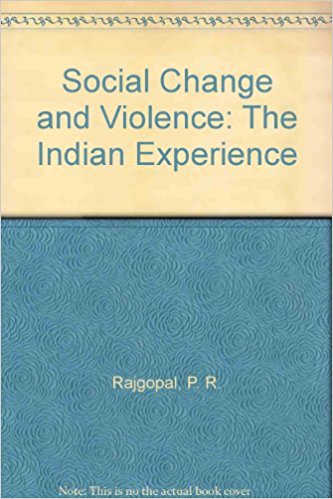Social change is associated with realignment of individual and group interests as the economy moves from one Stage to another in the course of its development. It is, therefore, axiomatic that those whose position is challenged in this process should resist and those who feel deprived of their due entitlements make a bid for fair deal. One of the legitimate functions of the state is to ensure that these changes take place without disturbing the order through the processes which are generally accepted as legitimate. Violence obviously has no place in this schema. The conflict situations, therefore, arise when there is a variance between the accepted norms of equity and justice like those enshrined in the Constitution and the social situation in a country. The situation becomes worse when the power elite begin to use the authority of the state and institutions under their control for safeguarding their interests in gross violation of those norms. As larger sections of population become aware about the inequitous situation, as with the spread of education, tensions grow and, unless they are relieved through normal processes, find expression in violence.
March-April 1988, volume 12, No 2

